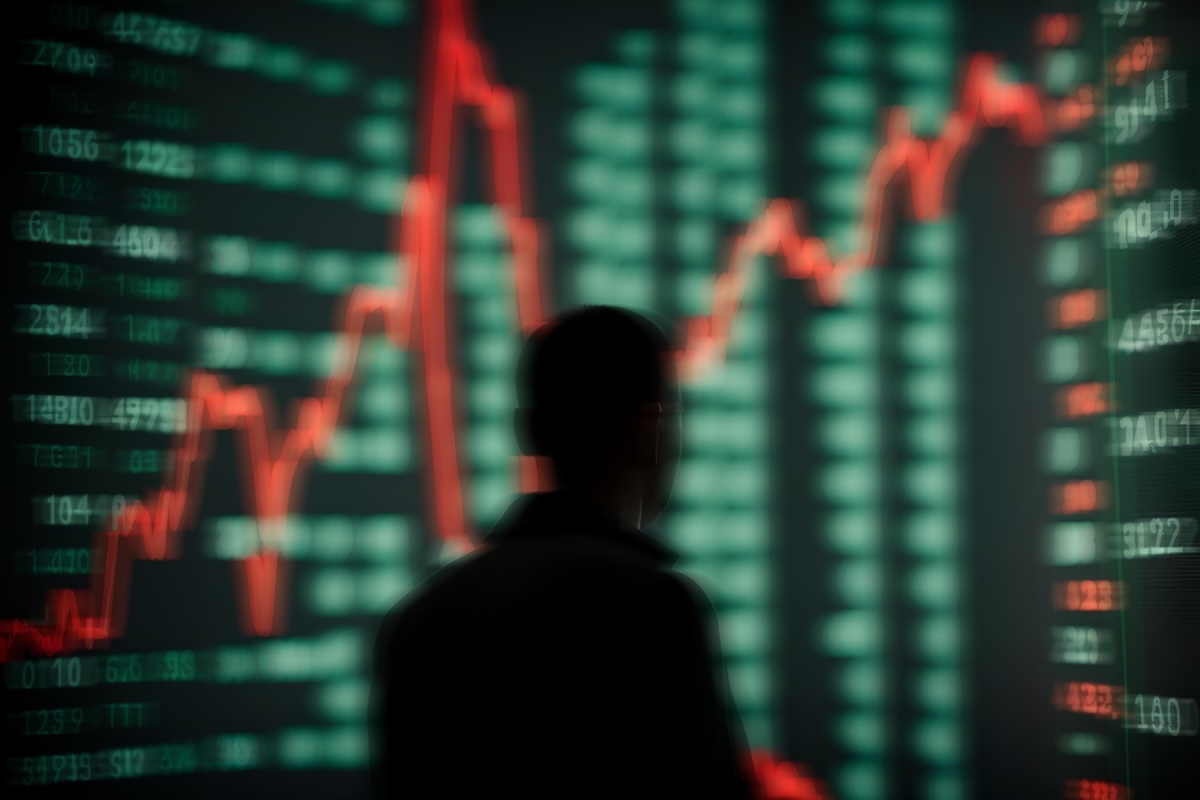
Fresh data signals market concentration may be even more extreme than previously thought, underscoring just how much Wall Street’s fate is now tied to a small cluster of stocks.
According to Augur Infinity, the top 10% of the largest U.S. stocks now control a record 76.5% of the total market.
It's official:
undefined The Kobeissi Letter (@KobeissiLetter) August 7, 2025
The top 10% largest US stocks now reflect a record 76% of the US equity market.
This has officially surpassed the previous record set before the Great Depression in the 1930s.
By comparison, at the 2000 Dot-Com Bubble peak, the top 10%'s share was at ~73%.
In… pic.twitter.com/zkH069Vzr9
That figure officially surpasses the previous record set before the Great Depression in the 1930s, and it’s three percentage points higher than the Dot-Com bubble peak in 2000.
The concentration is just as glaring inside the S&P 500. The top 10 stocks now make up a record 40% of the index’s total market cap, led by Nvidia (NVDA) with a $4.4 trillion valuation, roughly 8% of the entire index on its own.
Market concentration has been growing since the post-2008 financial crisis recovery, paused briefly during the pandemic, and then accelerated sharply in the years since.
Russell Investments says the Russell 1000’s concentration level — measured by the Herfindahl-Hirschman Index — now sits well above its historical average.
The firm cites the rise of artificial intelligence as a key driver, with the biggest tech names commanding ever-higher valuations thanks to their perceived dominance in the AI race.
That dominance has sparked warnings from analysts who note that high concentration can hurt long-term returns, even for investors who think they’re well-diversified through broad market funds.
The return risk
Goldman Sachs strategist David Kostin cautioned last year that “high concentration today portends much lower S&P 500 returns over the next decade than would occur in a less concentrated market.”
Since then, reliance on a handful of mega-cap stocks has only deepened.
Kostin doesn’t see it as a short-term threat, but over longer periods, the impact can be severe. His model shows that when concentration is factored in as its own variable, the S&P 500’s average annualized return drops to just 3%.
Raymond James draws a parallel between market-level concentration and portfolio-level concentration. Both, it warns, magnify the risk to an investor’s financial health.
“While owning a significant amount of a successful stock can be incredibly lucrative — especially in a company on the rise — the more you own of a single equity, the more closely your personal financial fate is tied to its performance,” the firm wrote.
The bottom line is that regardless of how you get there, “the result is the same: risk.”
Your email address will not be published. Required fields are markedmarked